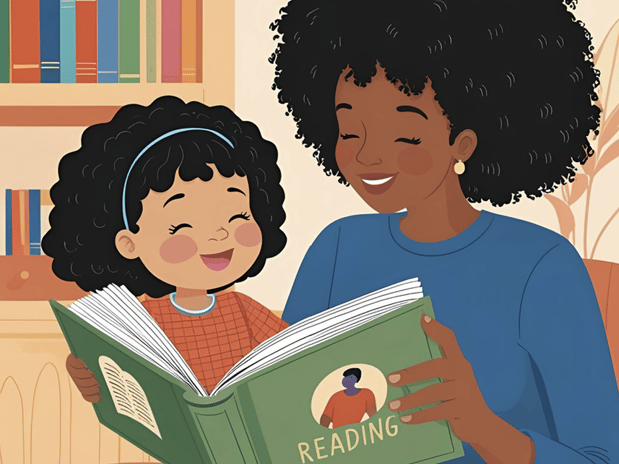Helping Your Child with Reading and Spelling Struggles: Easy Tips to Help at Home
Clare Hall
4/28/20252 min read


If you're a parent of a child who's struggling with reading, writing, or spelling – maybe even diagnosed with dyslexia – you're definitely not alone. Many parents I work with at Specific Learning tell me they often feel stuck, unsure how best to help at home.
The good news? You don’t have to be a teacher to make a big difference! Here are some simple, practical tips you can start using straight away:
1. Make Reading a Relaxed, Happy Time
No pressure, no tests. Just enjoy books together. Let your child pick stories that interest them (even if they seem "too easy"). Building their love for reading is far more important than sticking to levels.
2. Get Hands-On with Learning
Children with dyslexia often learn best when they can see, hear, and feel information at the same time. Try activities like tracing letters in sand or shaving foam, making words out of magnetic letters, or singing spelling patterns to silly tunes!
3. Celebrate the Effort
For kids with literacy challenges, even small steps forward take a huge amount of effort. Try to notice and praise the trying as much as the achieving – things like sticking with a tricky word or remembering a spelling rule.
4. Keep Practice Short and Sweet
Little and often is the way to go. Five or ten minutes a day of focused practice is much better than an hour-long session where you both end up frustrated. Find a time when your child isn’t too tired – after breakfast often works well.
5. Spot Patterns in Words
Instead of trying to learn loads of spellings by heart, help your child notice patterns like "ight" words (light, night, bright). Play word-spotting games, make posters, or even invent silly rhymes to remember trickier ones.
6. Use Tech to Make Things Easier
Apps and tools like text-to-speech readers, audiobooks, and predictive spelling programs can be brilliant for children with dyslexia. It’s not "cheating" – it’s using the right tools to unlock their potential.
7. Be Kind to Yourself (and Them)
Supporting a child with literacy difficulties can sometimes feel tough. Some days will go well, others less so – and that’s okay. Patience, understanding, and encouragement go a long way.
I hold Accredited Teacher Status from the British Dyslexia Association, meaning I have specialist expertise in helping children with dyslexia and literacy difficulties thrive.
For more advice, personalised support, and details of the services I offer, please get in touch!
Specialist tuition for children with dyslexia.
Support
CONTACT US
enquiries@specific-learning.co.uk
© 2025. All rights reserved.
